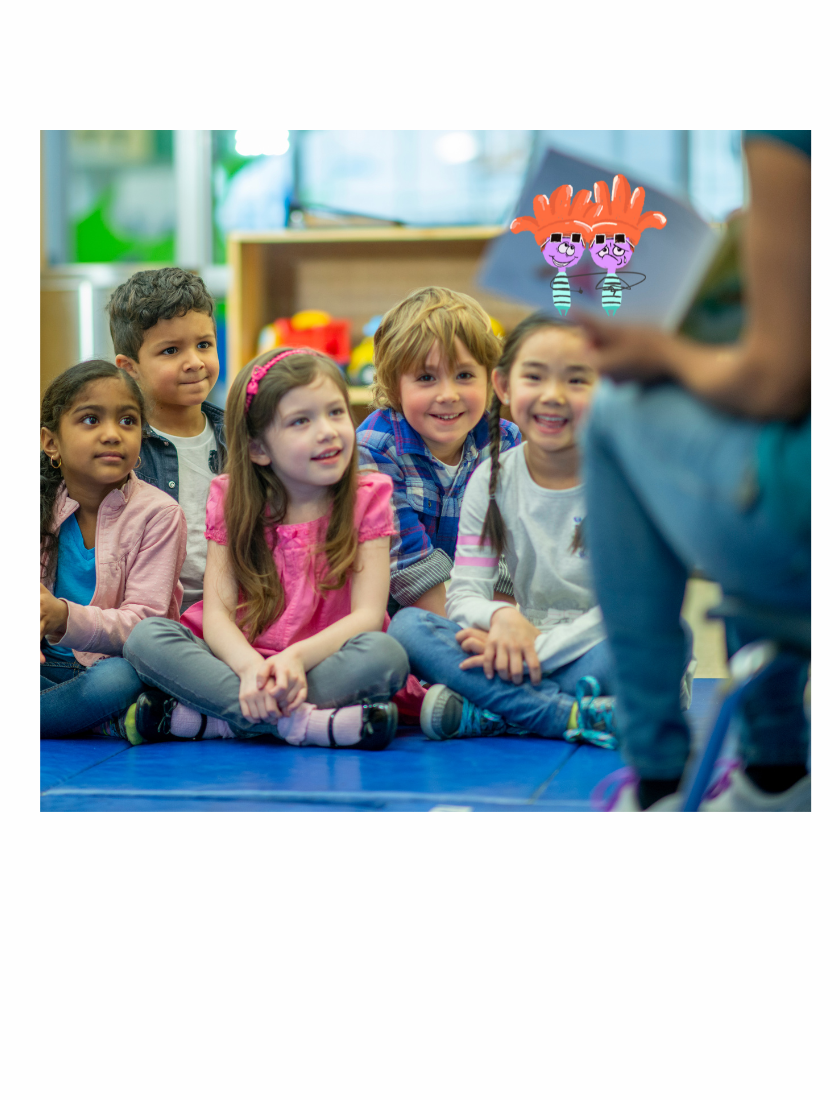How to Integrate SEL into Daily Classroom Routines
Here are creative SEL classroom ideas you can start using right away:
1. Morning Feelings Check-In
Start the day by giving each child a chance to share how they’re feeling.
You can use a feelings chart to help kids point to an emotion if they don’t yet have the words.
This builds emotional awareness and shows that all feelings are welcome.
2. Incorporate Books with SEL Themes
Choose a book to read-aloud that spotlight friendship, courage, kindness, or problem-solving.
After reading, have a short class chat: "What feeling did the character have? What would you do?"
This small habit builds social emotional learning during regular Storytime.
3. Use Transition Times for Mini Mindfulness Moments
Waiting in line? Cleaning up? Perfect time for a breathing exercise!
Try a quick "Smell the flower, blow the candle" breath to reset energy and help kids stay calm and connected.
4. Praise Emotional Growth, Not Just Achievements
Instead of only praising “good work” or “good listening,” recognize emotional skills: "I noticed you asked for help when you were frustrated — that’s brave!"
·Daily SEL activities like this help kids feel proud of emotional wins too.
5. Embed Kindness Challenges into the Week
Challenge kids to do one kind thing for a friend each day.
Kindness walls, sticker charts, or simple heart drawings can make kindness visible and a celebrated part of classroom life.
Why It Matters
When social emotional learning in preschool becomes a part of your everyday classroom flow, kids develop stronger social skills, greater self-control, and a lifelong love for learning.
And the best part? It doesn't require extra time — just intentionality.
At MOODLES, we believe emotional growth is just as important as academic growth — and we’re here to make it simple, joyful, and part of the everyday magic you create.
***** Seek Professional Help When Needed ****
If you notice signs of persistent emotional distress, anxiety, or behavioral issues in your child, don't hesitate to seek professional help from a therapist or counselor. They can provide guidance and support tailored to your child's needs.

